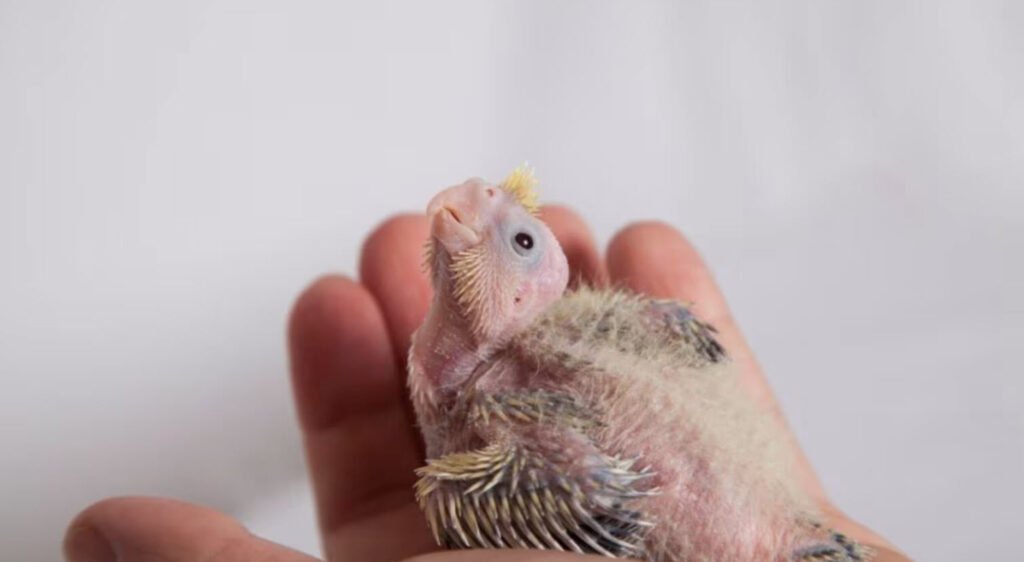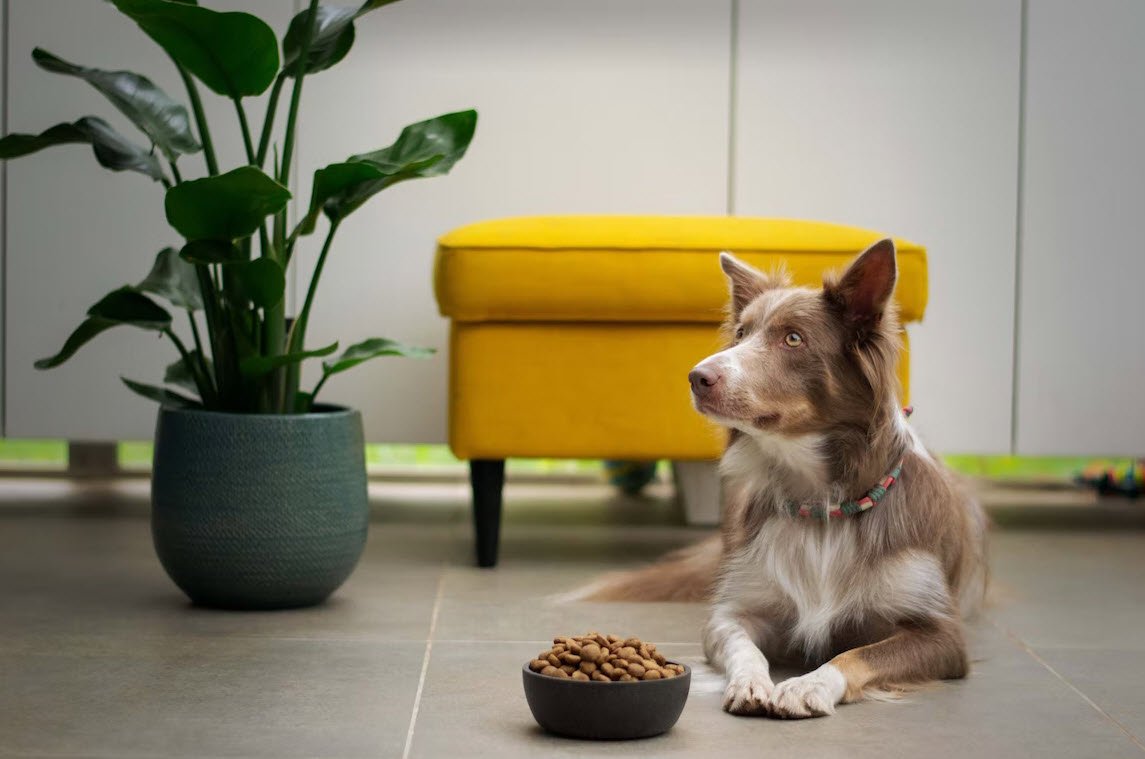
The right care is necessary for cockatiels to thrive because they are gregarious, intelligent birds. They require a sizable cage with lots of toys and perches so they may play and exercise
A healthy diet should include pellets, and fresh produce Every day, clean cage liners and fresh water should be given. 2e Cockatiels require regular engagement and stimulation and appreciate spending time with their human carers. To protect their health and well-being, routine veterinarian exams are advised.
Here are the top 10 tips for cockatiel care:
1. Commitment
Owning a cockatiel is a long-term commitment as they can live for 15-20 years. Before getting a cockatiel, it’s important to consider if you’re willing and able to provide for its needs throughout its lifespan.
This includes proper care, attention, and veterinary care. It’s important to be committed to being a responsible cockatiel owner before bringing one into your home.
2. Appropriate Cage
It’s important to provide your cockatiel with a cage that’s appropriately sized for its needs. The cage should be spacious enough for them to move around, play, and exercise. If you’re unsure about the suitability of a cage, it’s best to seek advice from someone with knowledge of cockatiel care to ensure your bird’s comfort and well-being.
3. Quiet Area
Cockatiels can be sensitive to loud noises and sudden movements, so it’s important to provide them with a quiet and calm environment. Set up their cage in a low-traffic area of your home where they can feel safe and secure.
Avoid placing their cage near speakers, televisions, or other sources of loud noise. Providing your cockatiel with a quiet and peaceful environment will help them feel comfortable and happy in its new home.
4. Healthy Diet
A healthy and balanced diet is crucial for the well-being of your cockatiel. An appropriate pellet diet should be the main component of their diet, as it provides all the necessary nutrients.
Additionally, it’s important to offer a variety of fresh fruits and vegetables daily to ensure they receive a range of vitamins and minerals. However, be mindful of seed consumption, as excessive intake can lead to obesity and health problems. Monitoring your cockatiel’s diet and providing a balanced and varied selection of foods will help maintain their health and vitality.
5. Clean Water
Access to clean water is essential for the health and well-being of your cockatiel. It’s important to provide fresh, clean water every day and change it frequently throughout the day.
A water bottle or dish should be readily available in their cage at all times. Ensuring that your cockatiel has access to clean water will help keep them hydrated and healthy. Additionally, keeping their water source clean can prevent the growth of harmful bacteria and promote good hygiene for your bird.
6. Prone To Night Flight
Cockatiels are prone to night frights, which occur when they become startled and begin flapping their wings frantically. To avoid this, it’s important to keep your cockatiel’s environment quiet and dark during the night. If you need to check on them, do so quietly and without disturbing their sleep.
If your bird does have a night fright, it’s important to provide them with a safe and secure environment until they calm down. Avoid handling them during this time to prevent wing damage, and seek veterinary care if necessary.
7. Check For Poisonous Objects
It’s important to regularly check your cockatiel’s environment for any foreign objects that could be potentially harmful to them. Objects containing zinc, lead, and rust can be poisonous to your bird, so it’s important to remove any such objects from their cage and play area.
Cockatiels are curious birds and may try to chew on or ingest objects that they shouldn’t, so it’s important to regularly monitor their surroundings and remove any potential hazards. Providing a safe and hazard-free environment will help ensure the health and safety of your cockatiel.
8. Metal Stimulation
Cockatiels are intelligent and active birds that need mental and physical stimulation to prevent boredom and maintain their overall health and well-being. If they’re bored, they may start engaging in negative behaviors such as chewing and plucking their feathers, which can lead to health problems and depression.
To prevent this, provide your cockatiel with plenty of toys and objects to chew on, rotate their toys regularly to prevent boredom, and spend time interacting with them daily. Keeping your cockatiel mentally and physically stimulated will help prevent negative behaviors and promote a happy and healthy bird. If you notice signs of depression or changes in their behavior, consult with a veterinarian.
9. Stress
Cockatiels are sensitive birds that can become stressed by changes in their daily routine or caretaker. Stress can impair their immune system and make them more susceptible to infections and illnesses.
To prevent stress, try to maintain a consistent daily routine for your cockatiel and avoid making sudden changes. If changes are necessary, try to introduce them gradually over time.
Additionally, spend time interacting with your bird daily, and provide a safe and comfortable environment. Monitoring your bird’s behavior and stress levels can help prevent health problems and ensure a happy and healthy bird. If you suspect your bird is stressed or showing signs of illness, consult with a veterinarian.
10. Tricks
Cockatiels are intelligent birds that can learn to talk and do tricks with proper training and socialization. Teaching your cockatiel tricks and providing mental stimulation can be a great way to bond with your bird and keep them mentally and physically active.
Male cockatiels tend to be more vocal and may be more likely to talk and sing, but each bird is unique and may have their own personality and vocal abilities. Consistent training and positive reinforcement are key to teaching your cockatiel new tricks and behaviors. With patience and practice, you can develop a strong bond with your cockatiel and enjoy the rewards of a happy and well-trained bird.









This Post Has One Comment